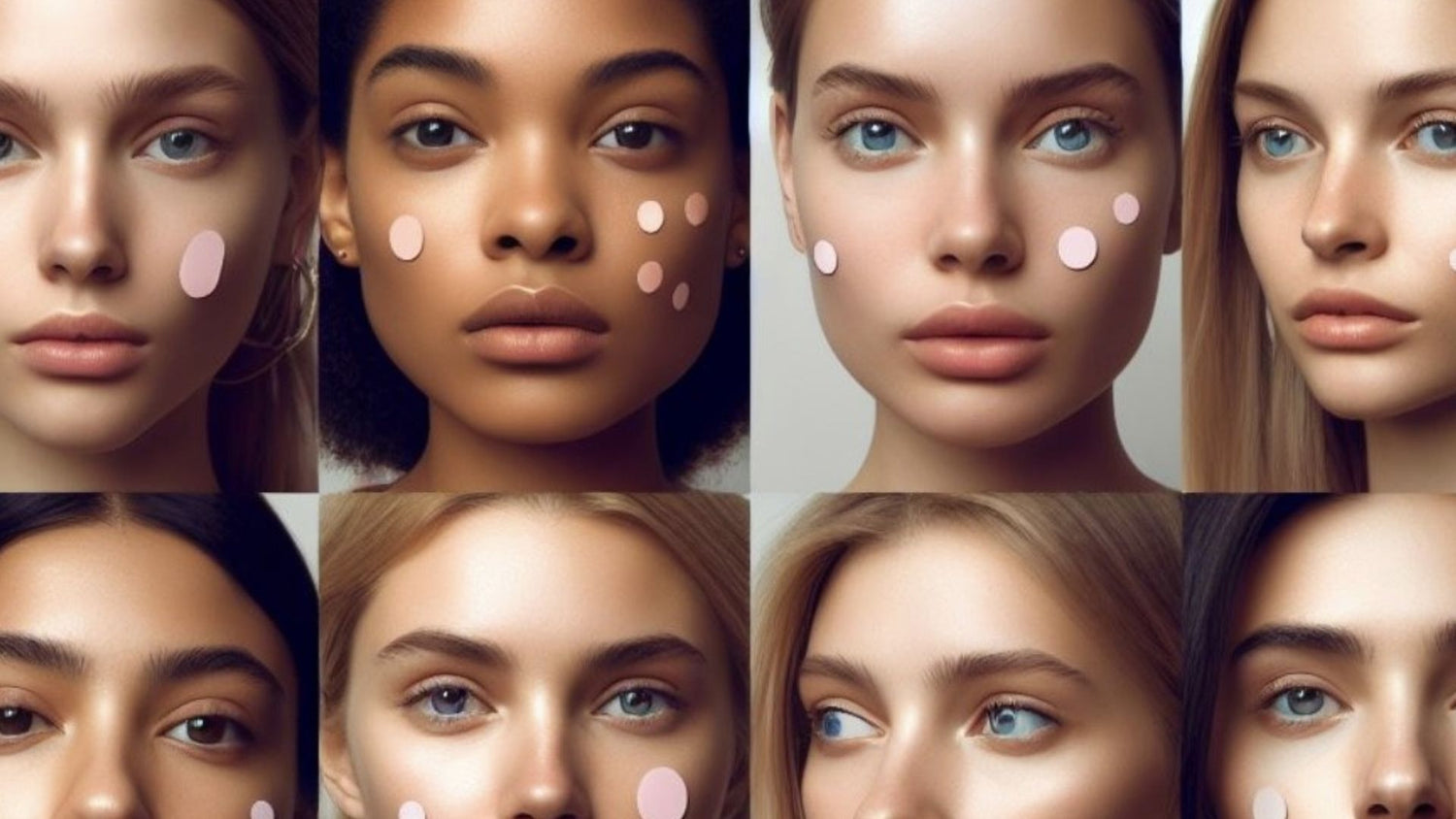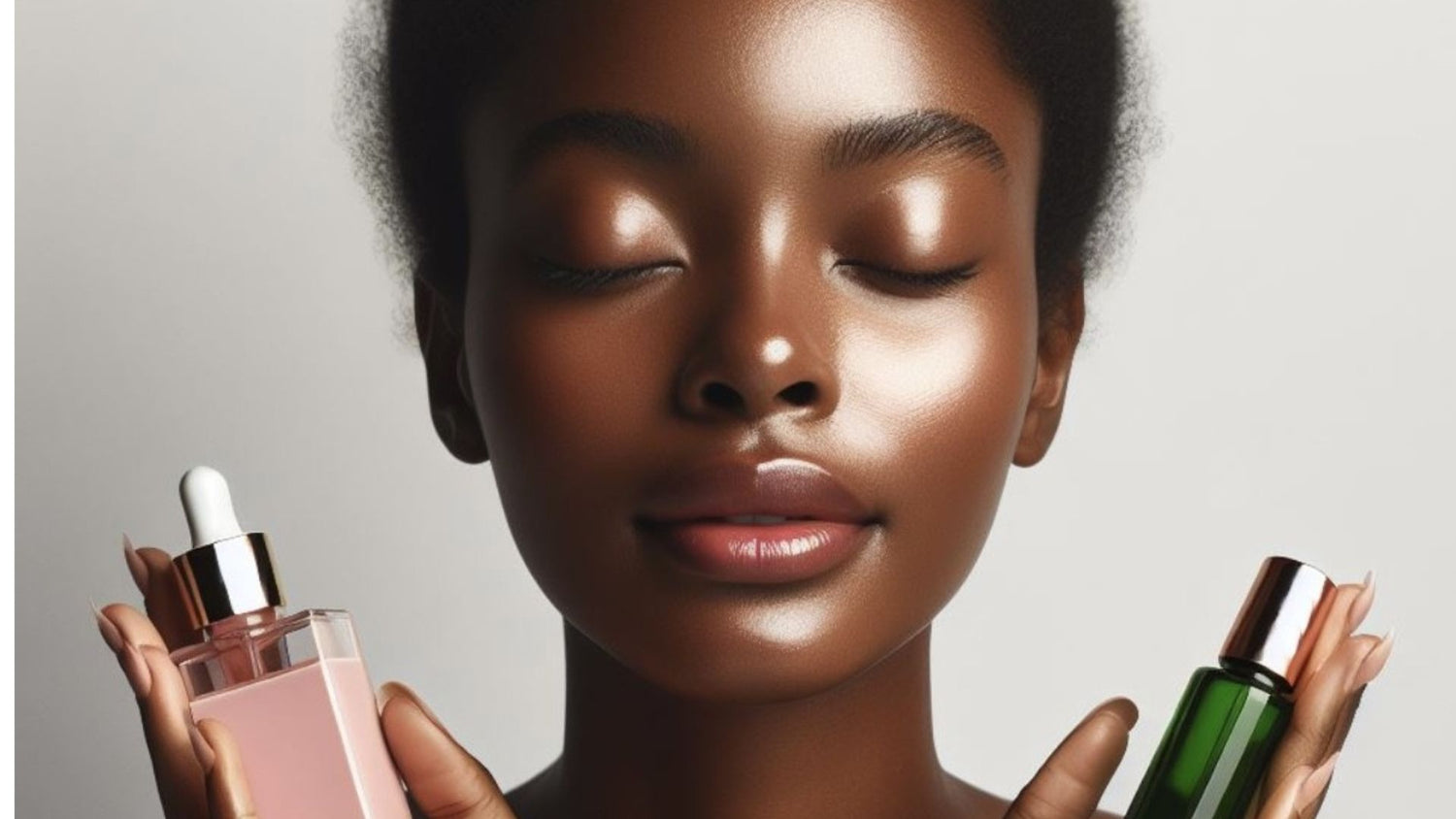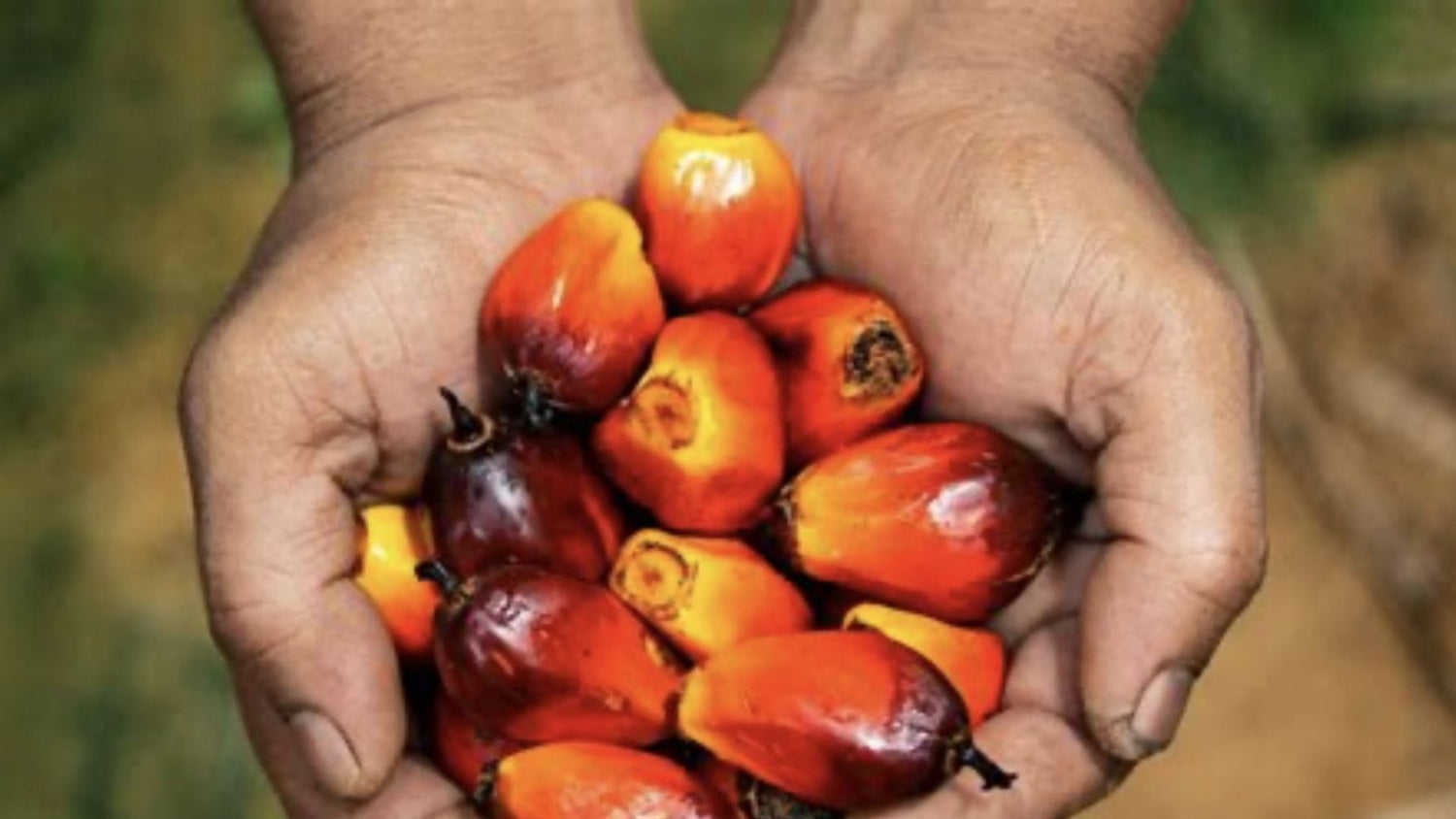We have a quick little assignment for you: Take a look around at all your beauty products. Now ask yourself the following question: Do I know what kinds of kooky ingredients were used to make these magical little confections of hope?
If your answer is no, you’re not alone, love. In the world of beauty, there are some questions better left unanswered, especially when it comes to how that miracle cream or sexy scent is produced. As the saying goes, sometimes ignorance is bliss.
But knowledge is power, and in some cases, knowledge is downright mindboggling. In our curious state, BeautyStat did some digging to find out exactly what kinds of funky ingredients might be lurking in our shampoos and conditioners.
We also consulted cosmetic chemist Cassandra Celestin to see if these odd delicacies are really necessary to keep our hair looking fab. Are they really useful or are these ingredients just another marketing ploy? We found out!
Hold on tight lovelies, you’re in for a ride. Just do us one favor: Don’t read this before dinner time.
1) Placenta
Ok, one word: Gross! Right? If you’re scratching your head wondering why in the world placenta is used in some hair products, you’re probably not the only one. According to PETA, animal placenta is widely used in skin creams, shampoos and masks. We found placenta listed in the ingredients of the Hask Henna ‘n Placenta Hair Conditioning Treatment.
But if you ask Celestin, placenta isn’t necessarily all it’s cracked up to be. No pun intended.
What does it do? According to Celestin, you can think of placenta as a “building block to bring your hair back to health.” The placenta in this product, for instance, would help condition with the henna ingredient, and also build protein in the hair.
Is it worth it? “Most of the time in these products, the percentage of placenta The bottom line: We’re sufficiently skeeved out by this ingredient. And even though the product potentially includes only a minimal amount of this odd delicacy, we’re not so sure that we’d take this deep plunge. 2) Caviar In some countries (Vive la France!), people prefer to eat caviar. In some countries, people apparently prefer to slather it all over their precious locks. While not as gross as placenta, we still aren’t so sure about this ingredient, found in Alterna’s Caviar Anti-Aging Moisture Shampoo. But is it worth it? Since this product is a rinse-out shampoo and doesn’t even enter the scalp, the potential benefits don’t exactly outweigh the gross factor. “It’s totally marketing,” Celestin says. “Especially in hair care, when you have rinse-off products, you’re basically putting money on top of your hair and rinsing it down the drain. It doesn’t really do anything for the hair, to tell you the truth.” BeautyStat is a big fan of Alterna but the jury’s still out on the benefits of caviar. 3) Emu Oil Yes, that type of emu. Emu oil is fat from emu birds, and it’s found in certain hair care products. What does it do? Research has proven that this anti-inflammatory substance helps with hair regrowth. This natural nutrient also deeply hydrates human hair. Is it worth it? One of Celestin’s clients uses emu oil as an active ingredient in the following product: Revita shampoo by DS Laboratories. She says the ingredient is effective when used in conjunction with other products. The bottom line: We’re a little bit intrigued by this. If you read our recent article about hair vitamins, you’ll know that hair regrowth is a hot topic right now, so we’re curious how this substance would help those looking to counteract hair loss. 4) Feathers (Keratin) No, not that kind of keratin, you keratin treatment lovers. There are different types of this substance, and the one found in feathers (and sheep wool) has a similar chemistry to human hair keratin, Celestin says. According to PETA, feathers (and the keratin within them) are found ground up in some shampoos. Celestin says you can take keratin from any animal, melt it down into a solution, and it will function the same way as human keratin. What does it do? The keratin found in shampoos is meant to strengthen the hair, Celestin says. And since the amino acid chains in feathers are a bit silkier than human ones, your hair might benefit from this silky consistency. Is it worth it? “Hair has a short affinity to synthetic keratin (keratin that isn’t growing out from your own hair). So basically, it’ll go into the cuticle of the hair and it’ll stay there for a while. It doesn’t have a strong affinity to it, unless of course you put it in liposomes, and then it’ll stick to the hair a little bit longer,” Celestin says. The Bottom Line: If done well, it seems like animal keratin can be used as a nice substitute for human keratin. But we just want to make sure no animals were harmed in order to help our tresses shine! 5) Spermaceti Cetyl Palmitate. Sperm Oil. Ok, dirty minds, this isn’t what you think it is. Turns out not everything is as is seems when it comes to ingredients. According to PETA, this is a “waxy oil derived from the sperm whale’s head or from dolphins” and is found in shampoos. What does it do? Once used in candle making, spermaceti doesn’t seem to have a very clear-cut purpose nowadays, but it’s used in margarines, skin creams, and ointments, in addition to shampoos. Is it worth it? “I’m not sure why they would still use it,” Celestin says. “I know that as far as labeling, any of my clients wouldn’t use that because of the fact that it’s from a whale.” The Bottom Line: We can’t quite wrap our head around this one. We’d rather not use anything on our heads that’s mistaken for sperm, thank you. – Chrissy Callahan If you like this post, give it a LIKE on Facebook and share with your friends
Don’t get us wrong, we LOVE this shampoo. What does it do? With its protein and amino acids, caviar has good intentions, and could potentially have benefits for your scalp.







